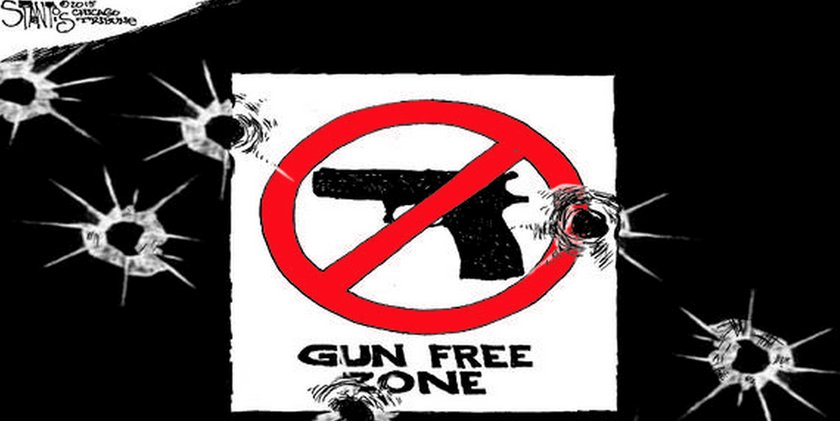Burger King, which has over 120 Alabama locations, is getting grilled this week by critics who say the company should not have made the decision to move its corporate headquarters out of the country after buying Canadian coffee and doughnut chain Tim Hortons in a deal worth over $11 billion.
The combined company’s move to Canada will allow it to significantly lower its corporate taxes, which outraged one Democratic senator to the point that he is calling on Americans to launch a boycott.
The CEO of the merged company insists that the move is not about taxes, and ABC News noted that “there appear to be strong business reasons for the firm to move” other than taxes, including the fact that the Canadian-based Tim Hortons is actually the more profitable of the two companies.
But the move has re-ignited a long-running debate over the U.S. corporate tax system.
“The U.S., unlike most developed-world governments, insists on taxing the global income of its citizens and corporations that have U.S. headquarters,” wrote Businessweek’s Megan McArdle. “Because the U.S. has some of the highest tax rates in the world, especially on corporate income, this amounts to demanding that everyone who got their start here owes us taxes, forever, on anything they earn abroad.”
According to the Organization for Economic Co-operation and Development (OECD), the United States has the highest corporate tax rate in the developed world.
The data reflected in the chart above has been frequently cited by conservative think tanks and Republican politicians in recent years.
It also likely influenced conservative editorial cartoonist Scott Stantis’s take on the whole situation…
But others vow that they have eaten their last Whopper, and say that corporations need to pay up.
“When corporate profits as a share of national income are the highest on record, with data going back to the late 1920s, it suggests that the current corporate tax system, with all its shortcomings, is hardly killing the competitiveness of American companies,” wrote Jared Bernstein of the New York Times.
But in spite of the backlash from the most liberal wing of the Democratic Party, even President Obama has proposed reducing the corporate tax rate to 28 percent for most companies and 25 percent for manufacturers.
So what do you think? Does Burger King deserve the criticism it’s getting? Should corporate tax rates be lowered? Raised? Let us know by voting below, sharing your thoughts in the comment section or tweeting us @YHPolitics.
Follow Cliff on Twitter @Cliff_Sims












